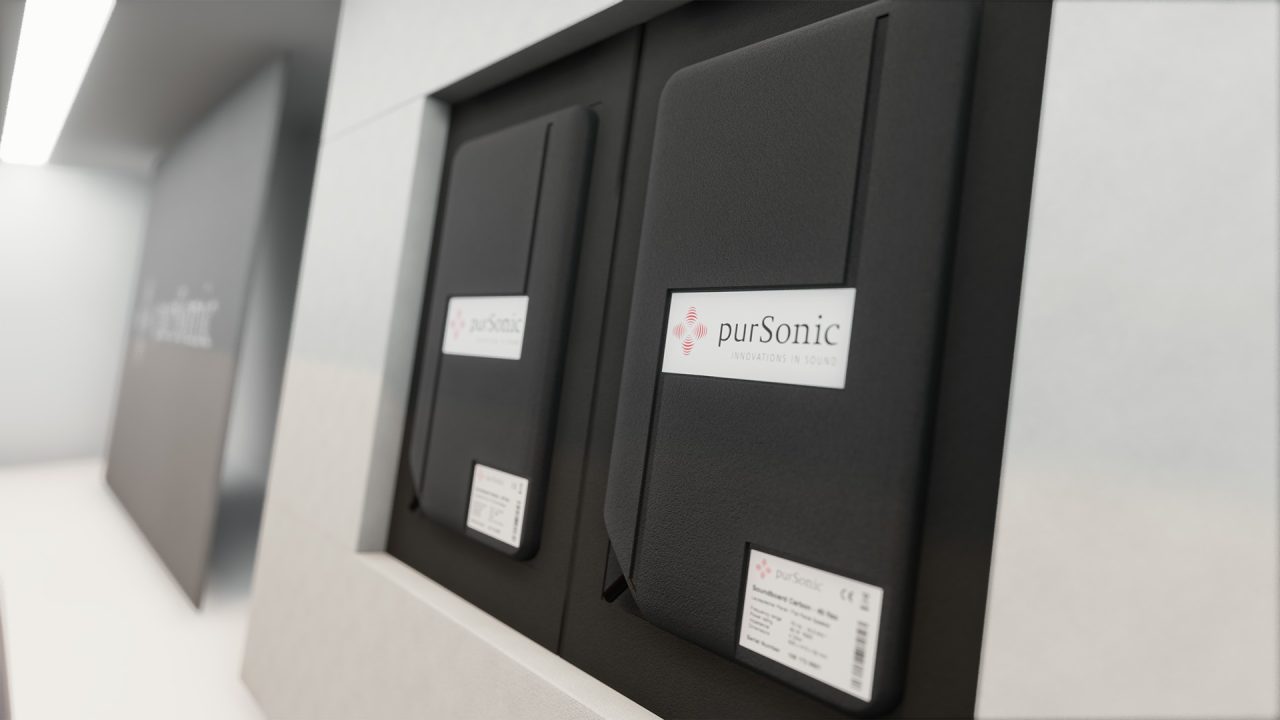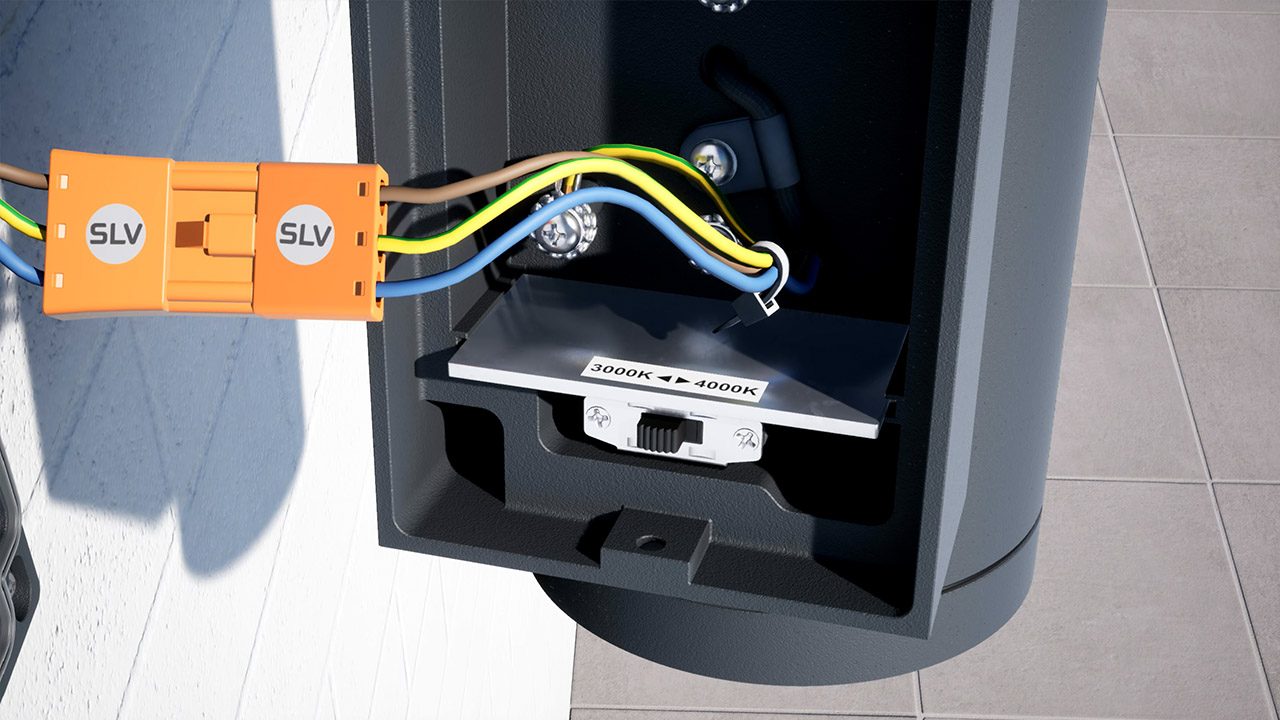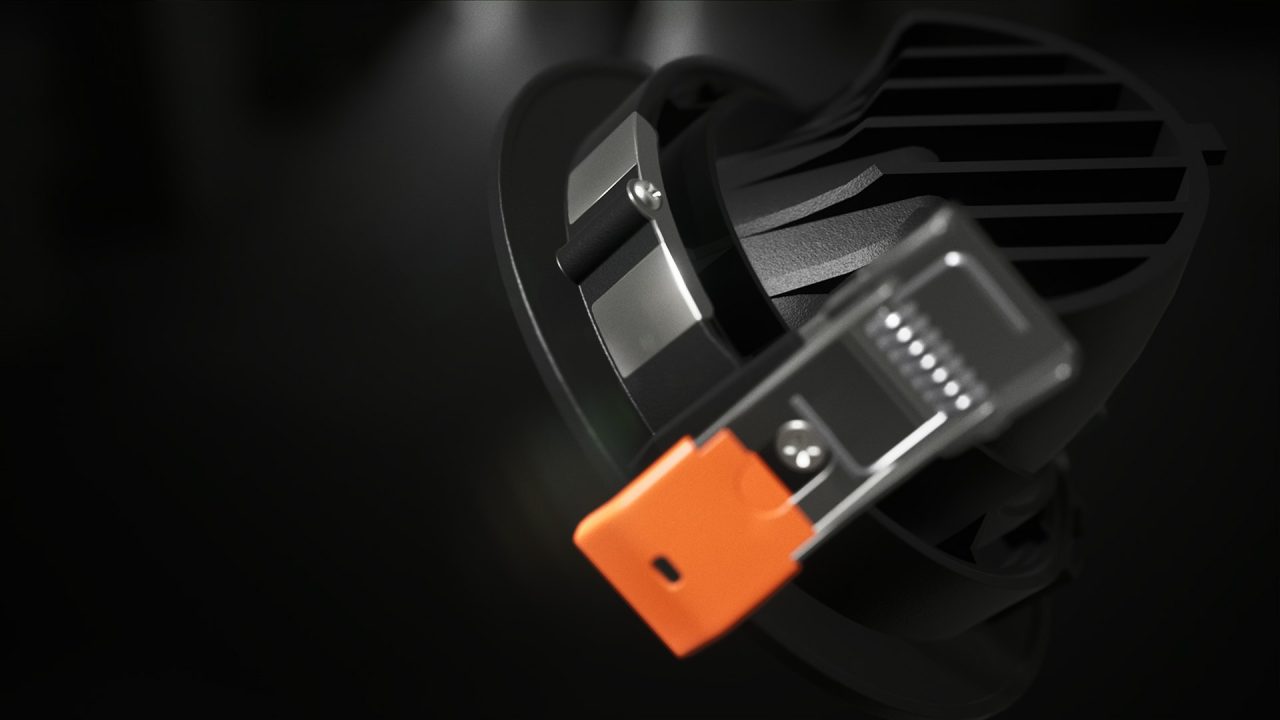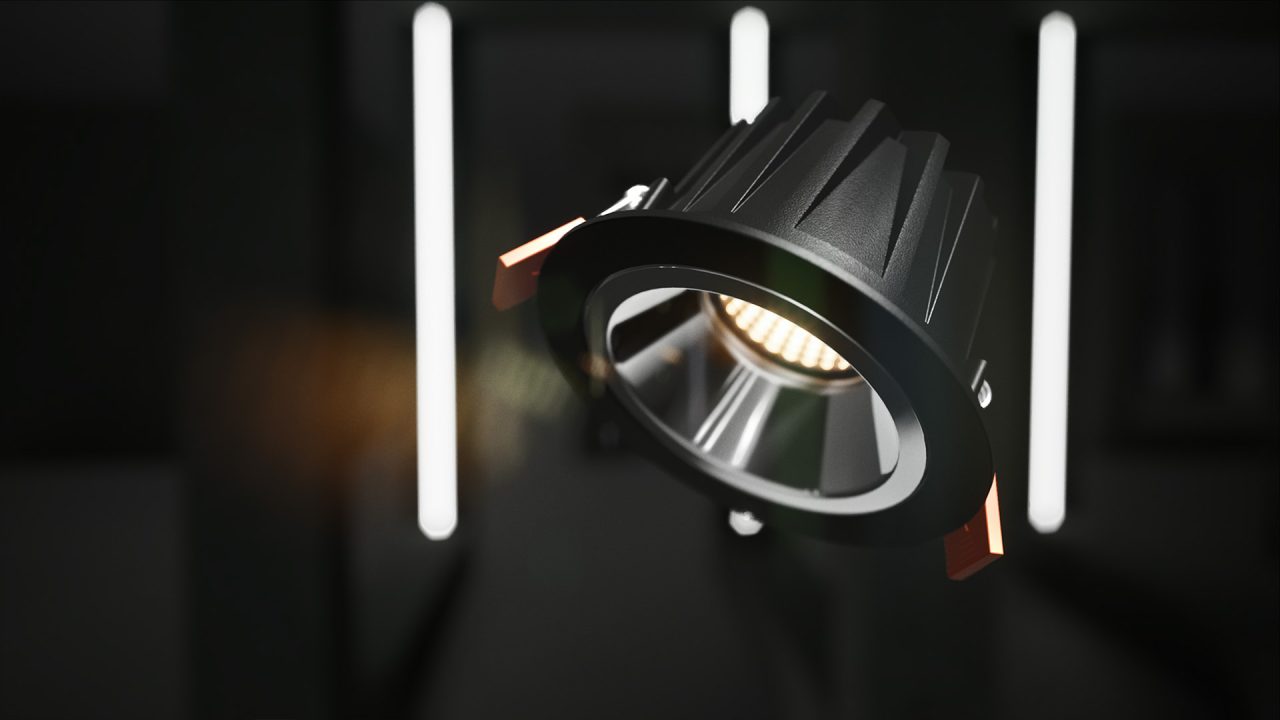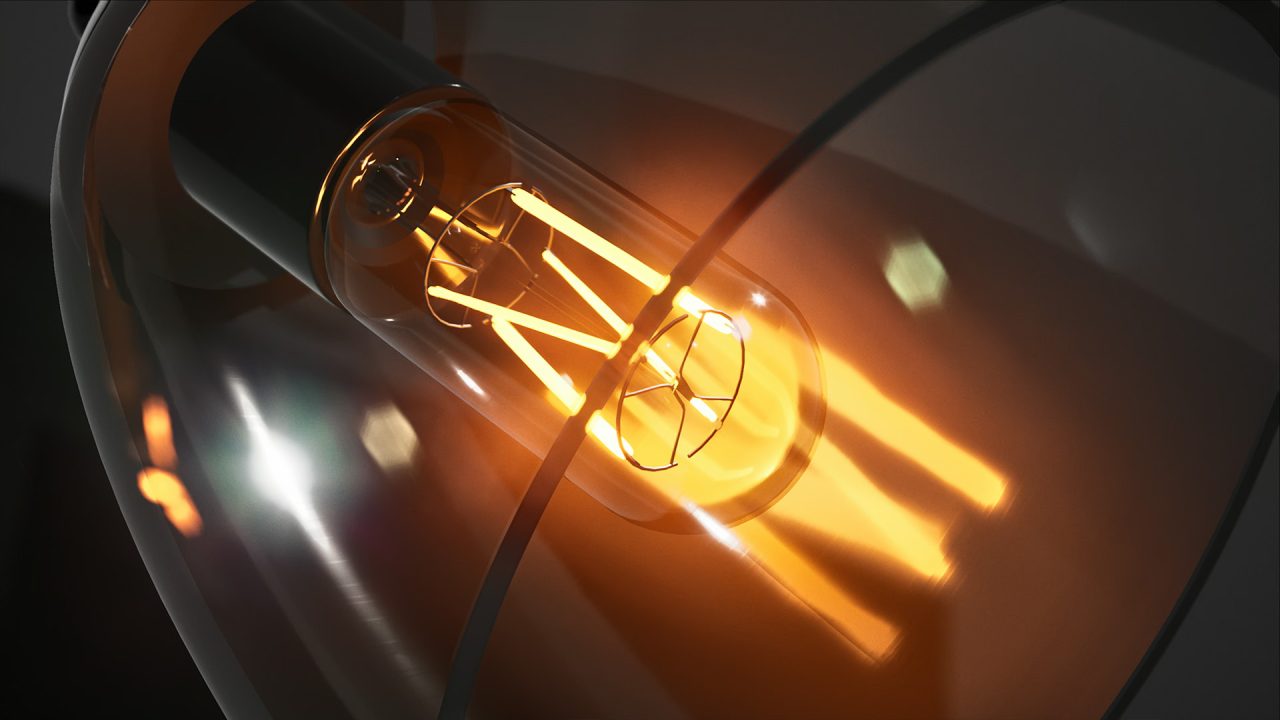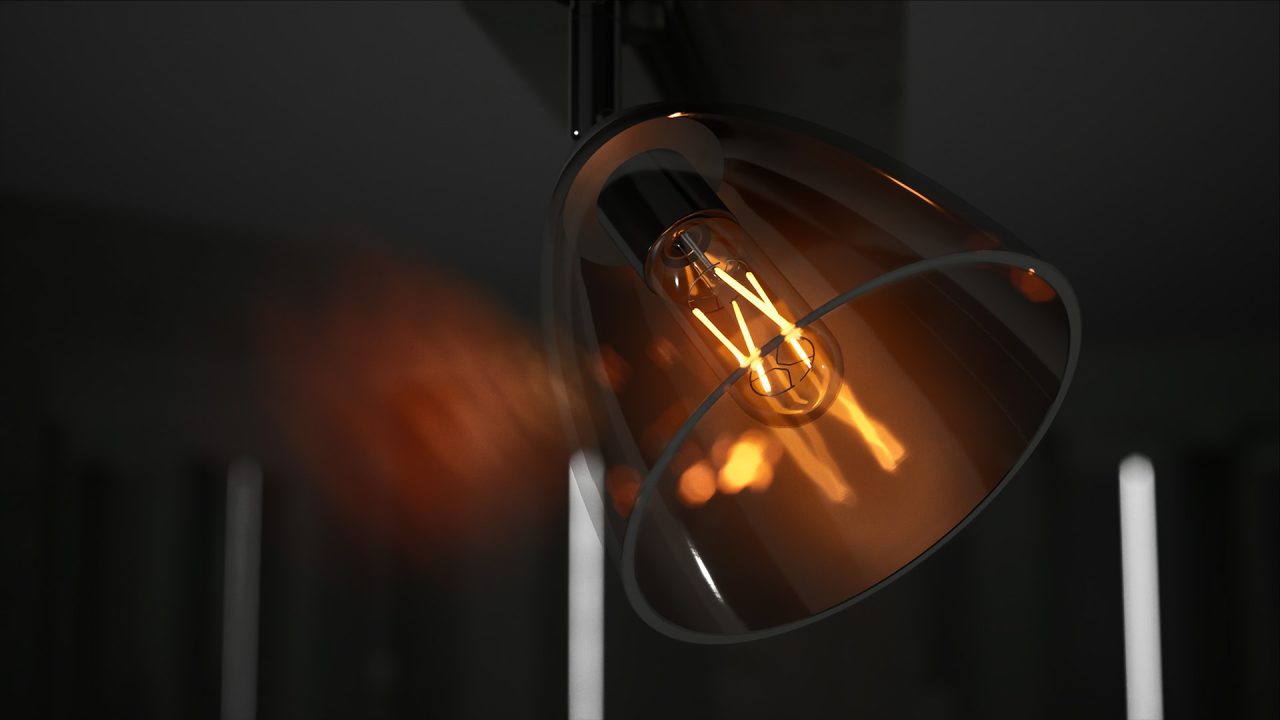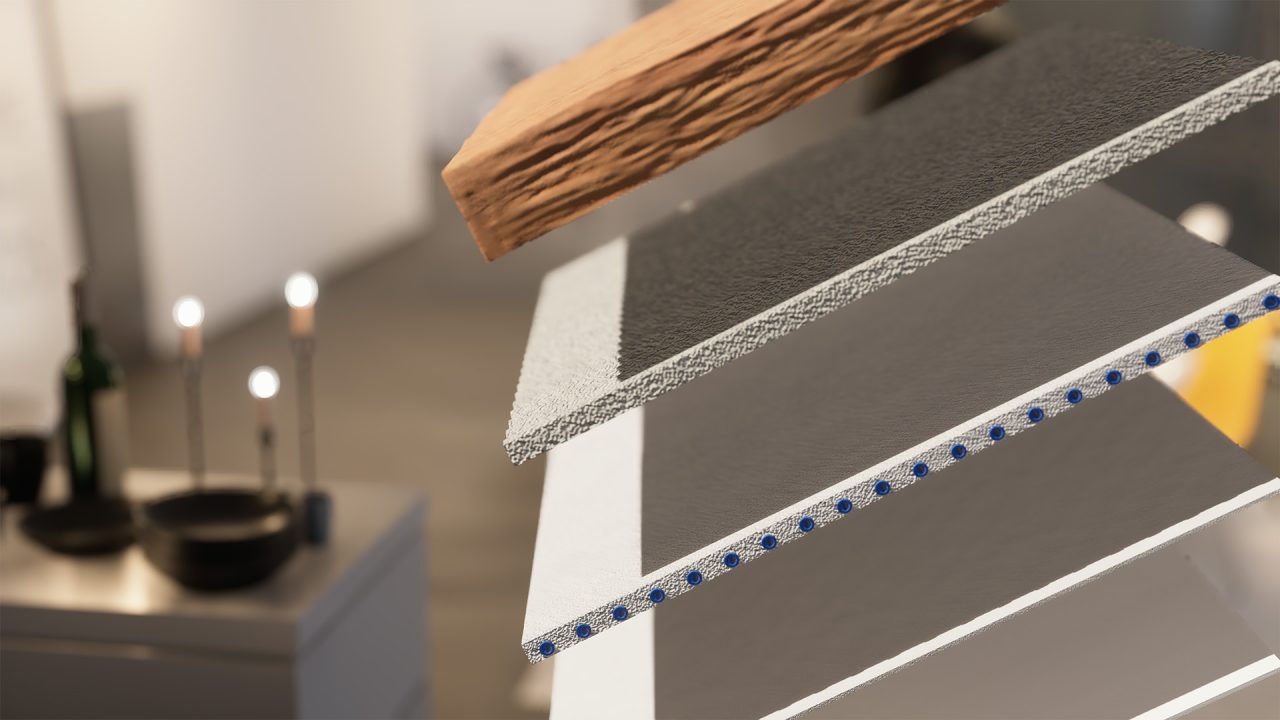IMMERSIVE EXPERIENCES
Digital Twins
IMMERSIVE EXPERIENCES
Digital Twins
Digital Twins are virtual real-time representation of real objects. The doppelgangers not only imitate visual appearance, but also simulate physical properties and functions down to the last detail (e.g. aerodynamics of flying objects, centrifugal forces of a roller coaster, statics and stability of buildings, etc.). The concept was introduced by NASA in 2010 when optimizing spacecrafts.
Today, the digital doppelgangers have found their way into many areas: During construction and facility management, elements of buildings are digitally mapped to monitor maintenance requirements, industrial plants are operated using sensor-supported digital twins and critical traffic situations are simulated and defused before they arise.
Holistic Approach
Holistic Approach
The lights shown in the video are not just CGI, but were completely virtualized with all relevant physical properties: light output (lumen), beam angle (half-power angle and field angle), light temperature (in Kelvin), joint kinematics, material properties and color(s) were transferred to the digital doubles. In the last step, we used Unreal Engine and Beamforge to bring everything to life.
The process not only resulted in detailed CGI videos and stills, but also became the foundation for interactive real-time applications and VR experiences, in which the customer can dynamically configure and try out the products.
If properties on the physical product change, these can be transferred directly to the virtual double. It becomes a true digital twin that accompanies the entire life cycle of a product.
100% Digital
100% Digital
Content for all channels: Digital twins are also a central building block in everyday product communication: Virtual photo shoots, stagings, CGI stills, animations and product videos for social media, your homepage and print as well as tutorials and interactive instructions can be created purely digitally.
Interactive configurators and VR experiences, ideal for the showroom or trade fair appearance, round off the spectrum and create immersive encounters with the product. In this example, the customer can experience live how light and space interact with each other. All products can be tried out and experienced functionally just as extensively as with real product samples.
BESPOKE XR EXPERIENCES
Didn't find what you're looking for?
Didn't find what you're looking for?
Every product, every customer and every project is different. That's why we build bespoke XR experiences for each client's specific needs. Contact us to find out more.
EXPLORE MORE OF OUR


 THIS VIDEO ON YOUTUBE
THIS VIDEO ON YOUTUBE